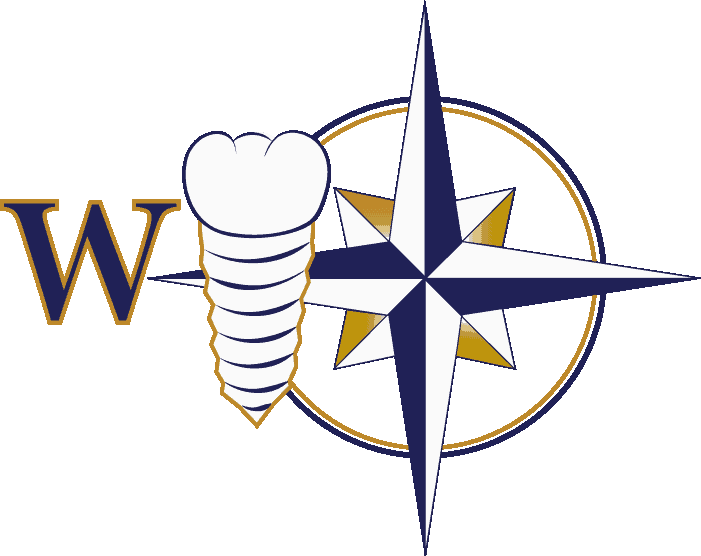Your oral hygiene is important. Taking good care of your mouth is essential for preventing serious oral health issues, including periodontal disease. This disease can be very devastating if not treated right away. Karl Zeren DDS can help.
What Is Periodontal Disease?
Periodontal disease is also commonly called gum disease. It is a condition that occurs as a result of a bacterial infection. Bacteria that accumulate in your mouth begin to irritate your sensitive gum tissue. This irritation triggers a response from your immune system, which causes your gum tissue to swell. Without treatment, this condition worsens over time and can lead to gum recession, loose teeth, and tooth loss.
What Is The Difference Between Gingivitis And Periodontal Disease?
Gingivitis is the earliest stage of periodontal disease. It is characterized by red, swollen gums that bleed when you brush and floss. The symptoms are often mild, and most people do not even realize that they have gingivitis. Periodontal disease is what develops as a result of gingivitis. Not only is your gum tissue at risk, but so is your bone tissue and your overall health.
What Causes Periodontal Disease?
There are several issues that can lead to periodontal disease. Common causes include:
- Poor oral hygiene practices. If you do not brush and floss regularly, bacteria can accumulate in your mouth and irritate.
- Crooked teeth. When your teeth are crooked, they are harder to clean. Bacteria have more places to hide.
- Tobacco use. Cigarettes and other tobacco products make plaque stickier, making it easier for bacteria to adhere to your teeth. These products also interfere with your immune system, making it harder for your body to fight infections.
- Dry mouth. This condition in which your mouth does not have enough saliva. Bacteria grow more easily in this environment.
- Genetics. Some people are genetically more likely to develop periodontal disease.
How Do I Know If I Have Periodontal Disease?
There are several signs and symptoms that can point toward periodontal disease. Symptoms include:
- Gums that are red and swollen.
- Bleeding gums when you brush and floss.
- Chronic bad breath.
- Gum recession.
- Tooth mobility.
- Tooth loss.
Can Kids Get Periodontal Disease?
Periodontal disease can affect anyone, regardless of age. However, serious gum infections are less likely to occur in children. It is important that you monitor your child for early warning signs of gingivitis so that the issue can be addressed right away.
Is Periodontal Disease Contagious?
It is possible to spread bacteria through contaminated saliva. This is most commonly seen in parents who share utensils with their children or in romantic partners. It Is important to avoid saliva contact with an individual who has periodontal disease. If you have periodontal disease, you should avoid sharing utensils, drinking glasses, straws, and anything else that may have come into contact with your saliva with anyone else.
How Is Periodontal Disease Treated?
There are several treatments for periodontal disease. The treatment you receive will depend significantly on how advanced your periodontal disease is. Treatments include:
- Scaling and root planing.
- Periodontal maintenence.
- Pocket reduction surgery.
- Osseous surgery.
- Gum or bone grafting.
How Can I Prevent Periodontal Disease?
There are several things you can do to help prevent periodontal disease. First, your oral hygiene is essential. Brush your teeth at least twice a day and floss at least once a day. Have your teeth professionally cleaned and examined twice a year. Quit smoking and drinking. Eat a healthy, well-balanced diet. At the first sign of periodontal disease, schedule an appointment right away.
Periodontal Disease And Pregnancy
When you are pregnant, your body goes through many changes. These changes help your body to grow your infant and prepare you for childbirth. During pregnancy, you are most likely doing everything you can to ensure that you remain healthy. In addition to taking care of your overall health, it is also important that you take care of your oral health. While oral health is important all of the time, it is imperative during pregnancy. Without good oral hygiene, periodontal disease can develop. Periodontal disease does not just affect you; it can also impact your unborn child.






